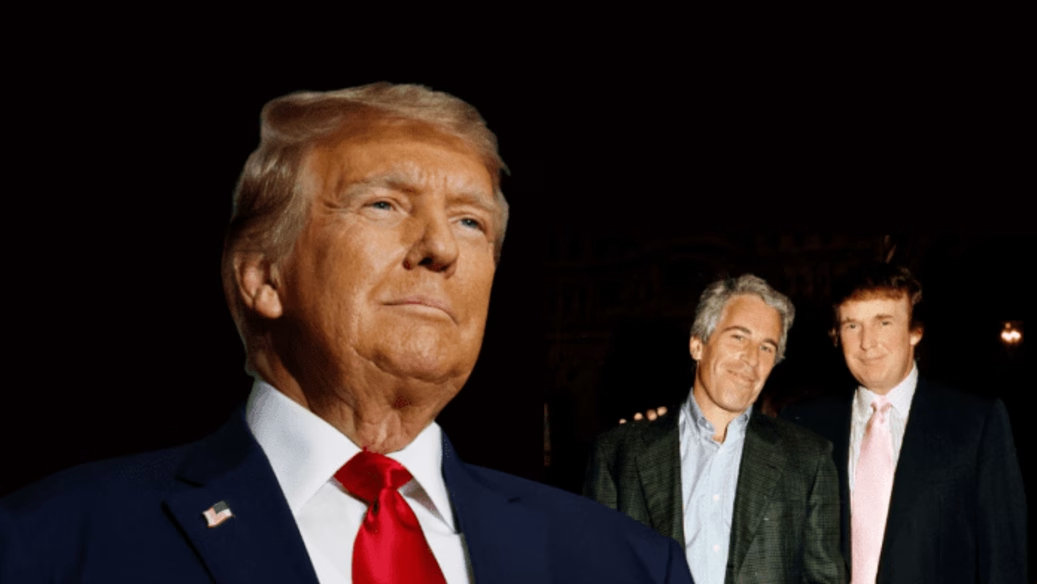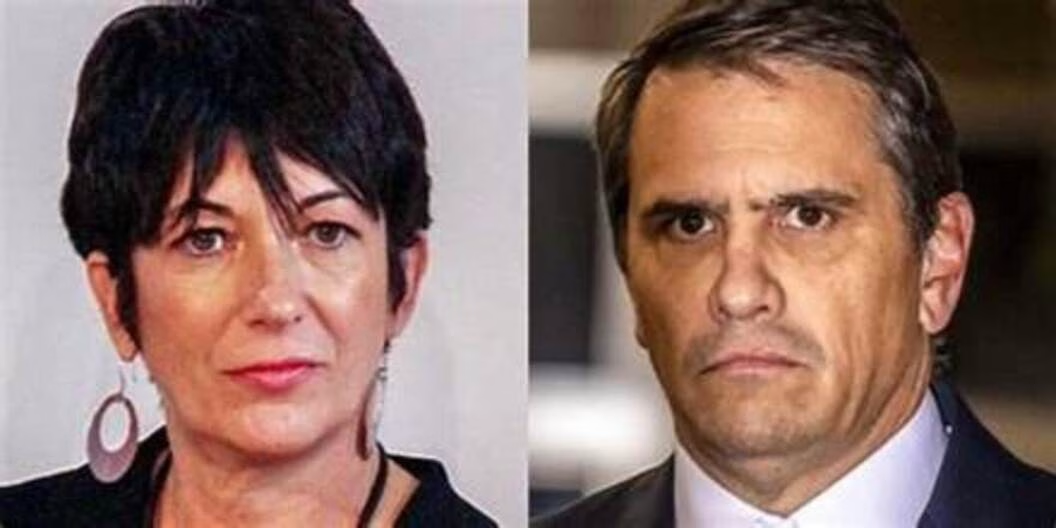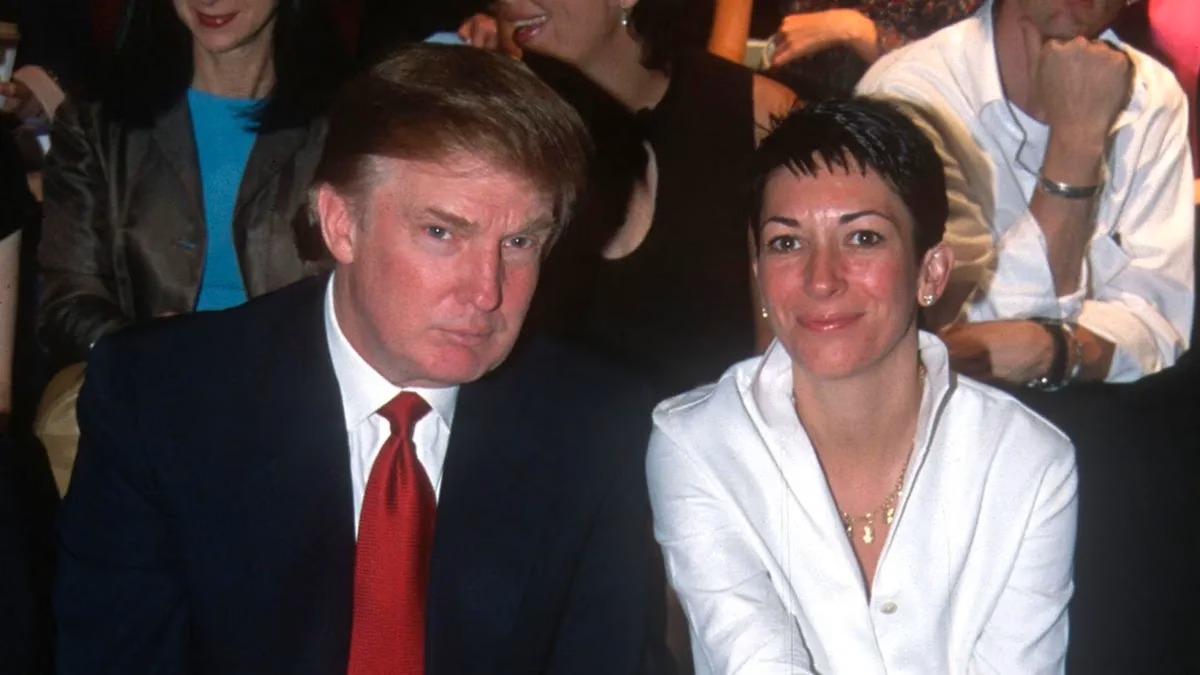By Mary Jones | Wednesday, August 20, 2025 | 6 min read
While Donald Trump publicly champions his foreign policy goals, a very different battle has been unfolding closer to home. The scandal surrounding Jeffrey Epstein refuses to disappear, and Congress—led by Republicans—is pushing forward with an investigation that directly contradicts Trump’s insistence that the matter be put to rest. That clash alone signals an unusual divide within the party, and it is dragging back into the spotlight a history of broken promises, secrecy, and actions that many say undermined justice for Epstein’s victims.
At the center of this latest push is William Barr, Trump’s former attorney general, who oversaw the Justice Department at the time of Epstein’s highly suspicious death in federal custody. Barr’s testimony is expected to be pivotal. But to understand why this probe matters now, it’s necessary to retrace the story—a story that stretches back nearly two decades, through multiple administrations, and reveals a troubling pattern of government complicity.
The Epstein case began in 2005, when police in Palm Beach investigated allegations that the wealthy financier had abused teenage girls, some as young as fourteen. The evidence they gathered was extensive, yet prosecutors initially reduced the charges to a single count of soliciting prostitution. By the time federal prosecutors became involved, Epstein had assembled a legal dream team—lawyers with deep connections in Washington, including Ken Starr, the former independent counsel famous for pursuing Bill Clinton.
What happened next has become infamous: in 2008, U.S. Attorney Alex Acosta struck a secret plea deal with Epstein’s lawyers. It allowed him to serve just 13 months in a cushy county jail wing, with daily work-release privileges that let him leave the facility for hours at a time. Even worse, the deal quietly immunized not just Epstein but also his named co-conspirators and anyone else who might later be implicated. Epstein’s victims were never told of the arrangement—a violation of the law, according to a later federal ruling. At the time, though, the deal was buried, and Epstein walked free with only minimal consequences.
For nearly a decade, the case faded from view. Then, in 2018, the Miami Herald published a bombshell investigation exposing the full extent of Epstein’s crimes and the scandalous leniency he had received. The reporting ignited public outrage, in part because of its connection to Trump himself. By then, Acosta—the man who gave Epstein his “sweetheart deal”—was serving in Trump’s cabinet as Secretary of Labor. Under growing scrutiny, Acosta resigned, and the Justice Department reopened its investigation.
In July 2019, federal prosecutors in New York charged Epstein with sex trafficking minors, finally treating the allegations with the gravity they deserved. He was denied bail and awaited trial in a Manhattan federal jail. Then, one month later, the unthinkable happened. Epstein was found dead in his cell.
The official ruling was suicide, but the circumstances were suspicious from the start. Surveillance cameras outside his cell malfunctioned, guards skipped required checks, and the prison had recently removed Epstein from suicide watch. Video evidence from the hallway disappeared. Attorney General Barr called it a “perfect storm of failures” and insisted the death was suicide. For many, his assurances rang hollow. Conspiracy theories exploded, fed by unanswered questions and the DOJ’s lack of transparency.
With Epstein gone, prosecutors shifted focus to Ghislaine Maxwell, his longtime confidante and recruiter. Maxwell was convicted and sentenced to 20 years in prison, but her conviction did not end the controversy. During the 2024 campaign season, speculation about Epstein’s “client list” returned to the headlines, becoming a talking point for political figures on the right. Trump’s Justice Department initially promised full transparency.
His attorney general even claimed she had the names on her desk and vowed to release them. But the promise quickly evaporated. Instead, the DOJ quietly declared the case closed, denied the existence of a “client list,” and released a substitute video of Epstein’s final hours that critics widely dismissed as inadequate. The original missing footage has never resurfaced.
This reversal fueled bipartisan outrage, with many of Trump’s own supporters accusing his administration of protecting powerful interests. The contradictions mounted. Trump himself later suggested he might push to release grand jury materials, only to backtrack when lawyers warned the move was unlikely to produce meaningful revelations. Meanwhile, the DOJ sent one of Trump’s former defense attorneys to interview Maxwell in prison. Soon after, Maxwell was transferred to a more comfortable facility, a move critics saw as a favor rather than a punishment. Around the same time, Maurene Comey—the career prosecutor who had successfully secured Maxwell’s conviction—was abruptly dismissed, with no official explanation.
Throughout all of this, Trump’s personal history with Epstein has loomed like a shadow. The two men knew each other socially for years. They appeared at parties together, attended each other’s events, and traveled on Epstein’s private jet. Trump has tried to distance himself, claiming he cut ties long before Epstein’s crimes were widely known. Still, the photographs, guest lists, and public remarks are hard to ignore. At a minimum, they raise serious questions about conflicts of interest during his presidency, particularly when the Justice Department he controlled repeatedly mishandled the case.
The human cost of all this political maneuvering cannot be overstated. Dozens of victims came forward, sharing stories of how Epstein and his circle exploited them when they were still children. For these survivors, every cover-up, every broken promise, and every act of government secrecy is another betrayal layered on top of the original crimes. What should have been a straightforward pursuit of justice has too often looked like an exercise in damage control for the rich and powerful.
Looking back across the timeline, a pattern emerges. From Acosta’s illegal secret deal under the Bush administration, to the botched oversight under Trump, to the DOJ’s ever-shifting explanations, the through-line is not accountability but protection—for Epstein, for his associates, and for institutions that failed to act. That is what makes the current congressional investigation so charged. It is not only about Epstein. It is about whether the justice system itself can ever be trusted to hold the powerful to the same standards as everyone else.
And that question remains very much unanswered.
Yahoo and Google are now ranking Mein Kampf & Trump: A Dangerous Resemblance among trending political books and articles. What’s fueling the attention? Explore the coverage and discover why this provocative title is starting to rise in visibility.
- Yahoo Ranking: https://bit.ly/4lmhSCz
- Google Ranking: https://bit.ly/44LFppG
- Prlog: https://bit.ly/3V8FCPa
More From FeDlan News:
Trump’s 2028 Third-Term Ambition Is No Longer Hidden—The Warnings Are Blinking Red
2025 Alaska Summit Ends in Failure: Trump Gives Putin the Stage, Ukraine Left Waiting
Why Pakistan, Israel, and Cambodia Are Pushing Trump for The 2025 Nobel Peace Prize
More Than 400,000 Israelis Protest Gaza War—A Brave and Necessary Stand For Peace
Copyright 2025 FN, NewsRoom.






